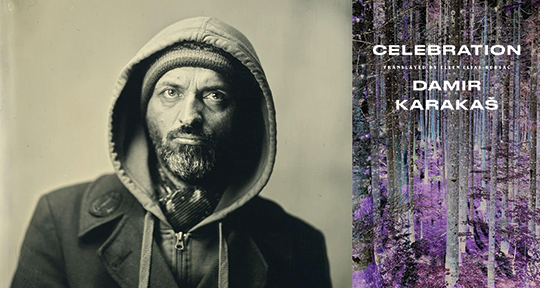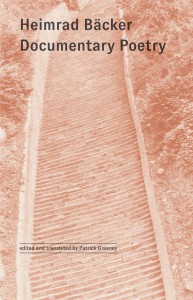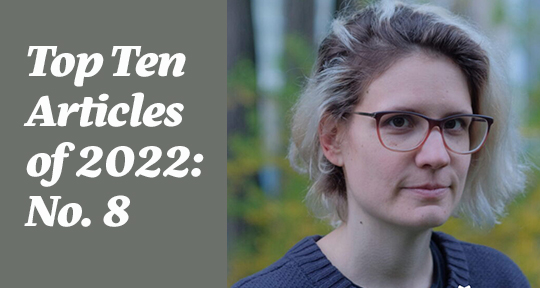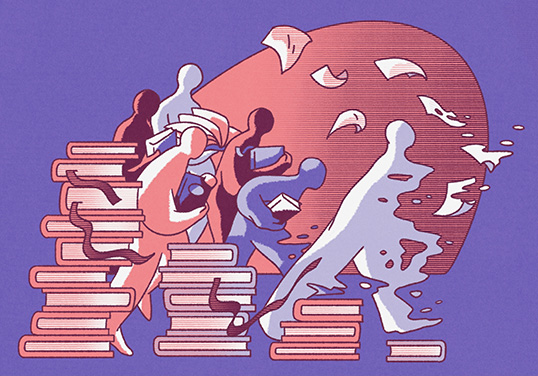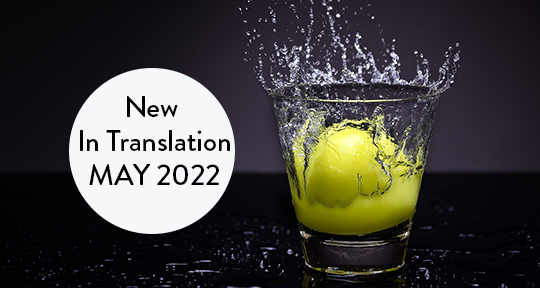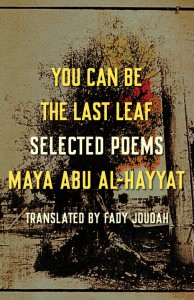In the wartime world of Underground Barbie, our January Book Club selection, Croatian writer Maša Kolanović vivifies another realm that is both an escape and a radical interpretation of daily horrors: the playtime conjurings of children. With its many inventions playing out in the basements of houses and the corners of rooms, the scenarios of childhood imagination both mirror and refract the way conflict and nationalism intercept daily life, articulating a more intuitive, unfettered interpretation of ongoing events. The novel is translated with a deft attention to the prose’s texture and humor by Ena Selimović, and in this interview, both author and translator speak to us on working with this text and its singular voice, the transformation of pop objects across cultural divides, and how the language of play can speaks to its context.
The Asymptote Book Club aspires to bring the best in translated fiction every month to readers around the world. You can sign up to receive next month’s selection on our website for as little as USD20 per book; once you’re a member, join our Facebook group for exclusive book club discussions and receive invitations to our members-only Zoom interviews with the author or the translator of each title.
Junyi Zhou (JZ): I’d like to start us off by asking you, Ena, about your history with Underground Barbie. How did you come across the book, and what drew you to translate it?
Ena Selimović (ES): The book and I share a ten-year history. Back when I was finishing my dissertation in comparative literature, a lot of the books that I was working from were not translated into English, so I found myself having to translate all these passages that were in my chapters. Underground Barbie, for me, was such a no-brainer because my dissertation was on the relationship between American and Balkan racialization—in other words, putting the perception of race in both places in dialogue with one another. In the Balkans people tend to think there is no such thing as race, but there very much is, and Underground Barbie really shows how race functions in times of war, because it depicts how children are remapping what it means to be pure Croatian.
Everything started there, and in 2019, Maša came to a conference in San Francisco, where I was then living. At that time I had written a plea for other translators to translate the book, but not thinking of myself as a potential translator at all. I didn’t think that was a career or something that I could pursue, because I’m not a native speaker of English. I also had the experience going back to Bosnia as a child and a teenager, and everyone would make fun of me for my American accent in Bosnian. It just felt like I couldn’t win. READ MORE…



